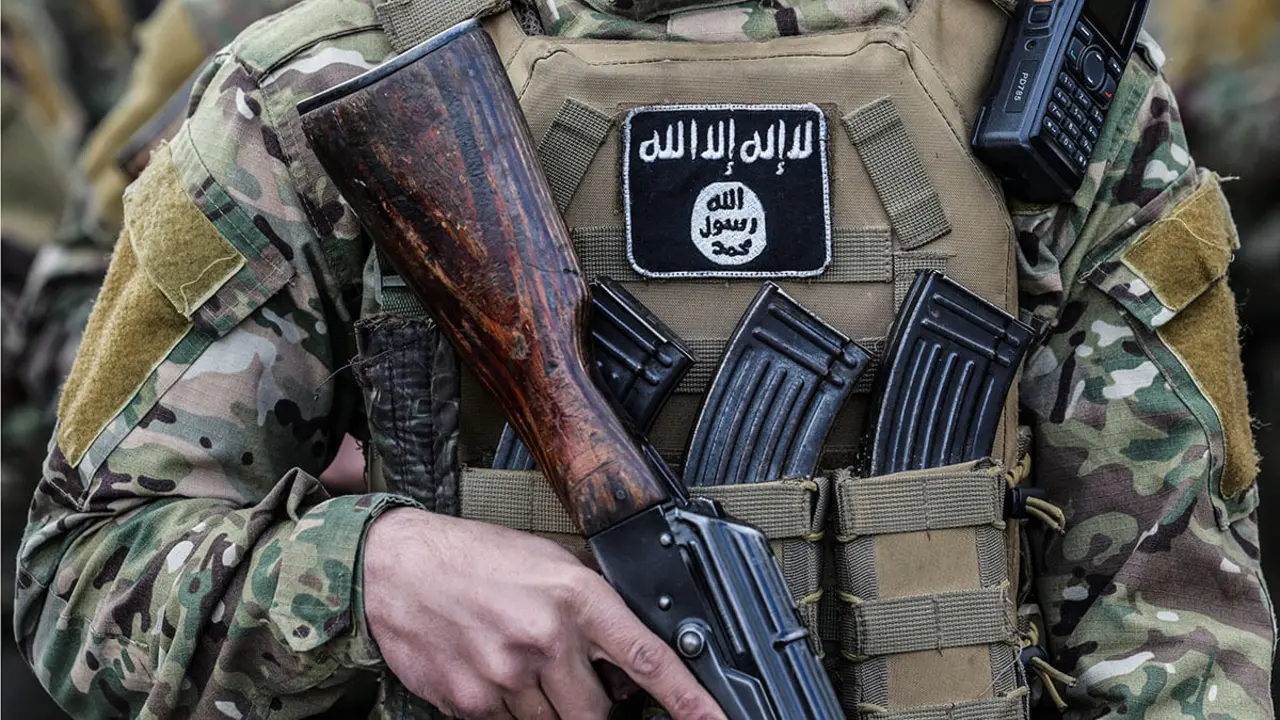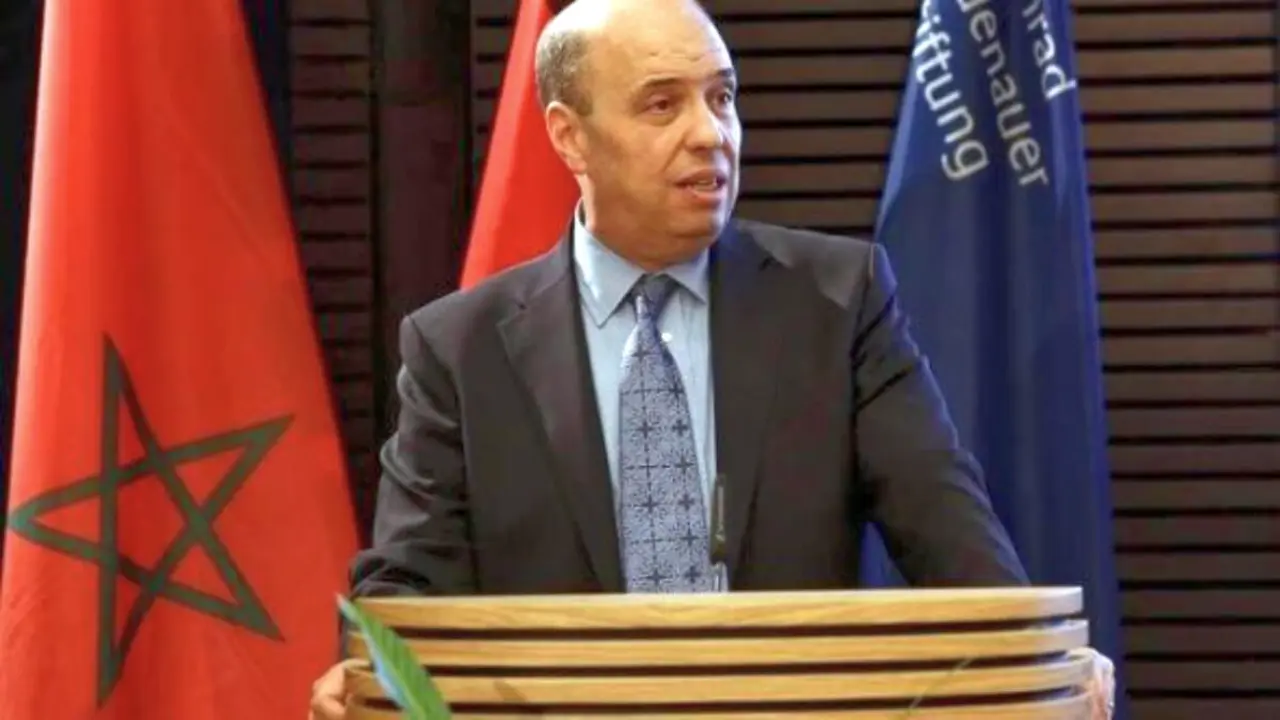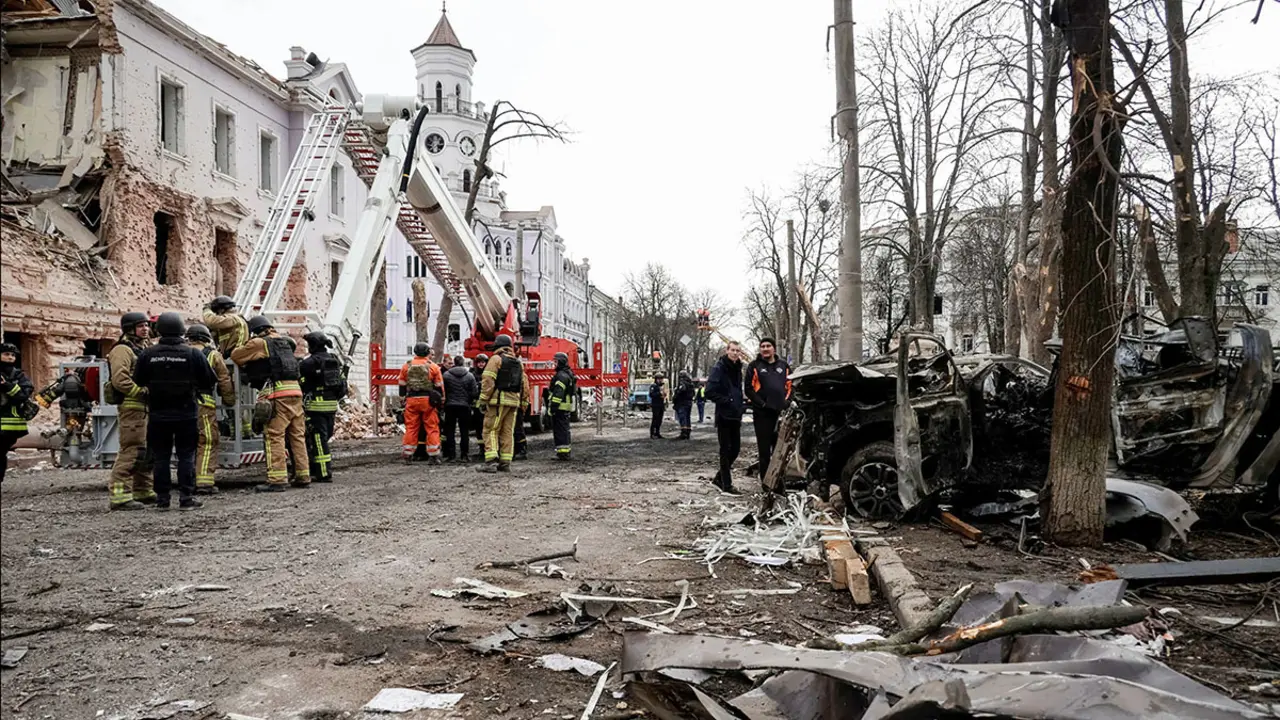Trump's thorny judicial horizon after leaving the White House

On 20 January 2021 Joe Biden will become the new president of the United States. Then, and with immediate effect, the term of office of Donald Trump will come to an end. Without the presidential stripes and the crutch of the Department of Justice, he will have to face alone the possible judicial fronts that may arise, some of which are already open.
Trump has used the title of president as a kind of armor, legal and moral, to respond to any kind of criticism. From the moment he sat in the Oval Office, the New York tycoon has denounced a "witch-hunt" involving federal agencies, political opponents, foreign governments and women he allegedly had crossed.
Several of the judicial fronts already open are in New York, where attorney Michael Cohen even pleaded guilty to violating campaign rules by acknowledging that he paid $130,000 to actress Stormy Daniels not to publicly reveal an affair involving Trump. The court documents cite "individual 1", who was a "successful candidate for the Presidency" of the United States, as the conspirator.
The prosecution also examines possible crimes linked to the Trump Organization, the business conglomerate founded by the now president and suspected of falsifying records, tax fraud or insurance fraud. Unlike the case opened because of the alleged relationship with Stormy Daniels, this aspect of the case could be considered a federal crime, according to NBC News.
Cohen, who has gone from being an ally to an enemy of the tycoon after his fall from grace, has also accused Trump of manipulating his business accounts to, on the one hand, be able to present data that would guarantee him loans and, on the other hand, pay as little tax as possible. Trump has publicly boasted about this engineering.
The president has avoided making his statements public, although The New York Times has published after a thorough investigation that Trump did not pay federal taxes for a large number of years and that, when he did, he barely contributed $750 to the public coffers. Trump has challenged the release of these papers in court and the final decision is expected to be handed down by the Supreme Court.
On the other hand, the Attorney General of New York, Letitia James, is investigating four real estate projects of the Trump Organization and its failed attempt to buy the Buffalo Bills' rugby team. The investigations in this case are civil, not criminal, but it is not ruled out that they may be referred to other prosecutors if evidence emerges.
If the business world can provide more than one headache for the Trump Civilian, so can the staff. In recent years, several women have accused the president of sexual incidents, which he has always denied, even publicly mocking the alleged victims.
The time that has elapsed since the alleged events and the difficulties of defending the case before a judge have led several women to use the media as a loudspeaker, instead of the courts. However, some have filed complaints, such as columnist E. Jean Carroll, who in 2019 accused Trump of abusing her in a shop fitting room more than 20 years ago.
In this case, Carroll sued Trump for defamation, after the president said the columnist was not his type and questioned her version of the book. Trump commissioned the Department of Justice to defend him, something that a judge overturned in October with a symbolic ruling that drew a clear line between the magnate's possible outstanding responsibilities and his current position.
There is also a case opened by a former contestant of 'The Apprentice', Summer Zervos, who at the beginning of 2017 denounced Trump for defamation, having previously been accused of touching her breasts and kissing her without her permission. The president initially agreed to testify, but his lawyers requested a postponement of the appearance and this is not expected to happen until at least 2021.

In view of the convulsive horizon, Trump could opt for a preventive pardon, an option that has been raised in recent months by several legal experts but which does not have to survive in court. In any case, as president he could only be granted immunity at the federal level, which leaves open, for example, the proceedings under way in New York at the state level.
Trump, who earlier this week issued a pardon for his former adviser Michael Flynn, is said to have begun asking advisers in 2017 about the feasibility of a 'self-indulgence', according to sources quoted by CNN. Nor has the President dodged the issue in public: "As many legal experts have assured me, I have every right to forgive myself, but why would I do so if I have done nothing wrong," he said on Twitter in July 2018.
The clearest argument for this was made by the Department of Justice in August 1974, four days before Richard Nixon resigned. At that time, it was established that "under the fundamental premise that no one can be a judge in his own case, the president cannot pardon himself".
This doctrine has remained in the political arena for now, as no one has brought it to court, and it did not prevent Nixon from receiving the famous pardon, although it had to be signed by his successor in the White House, Gerald Ford, and not by him.
Furthermore, the 1974 document would open the door to another scenario by recalling that the Twenty-fifth Amendment to the Constitution states that in the event of the temporary incapacity of the country's top leader, it is up to his 'number two' to take over the reins of the country and "may pardon the President". Once this pardon has been obtained, the president "may resign or resume the duties of his office".








